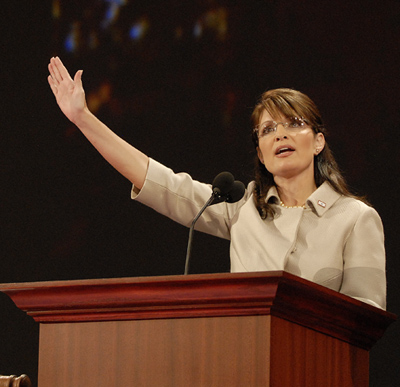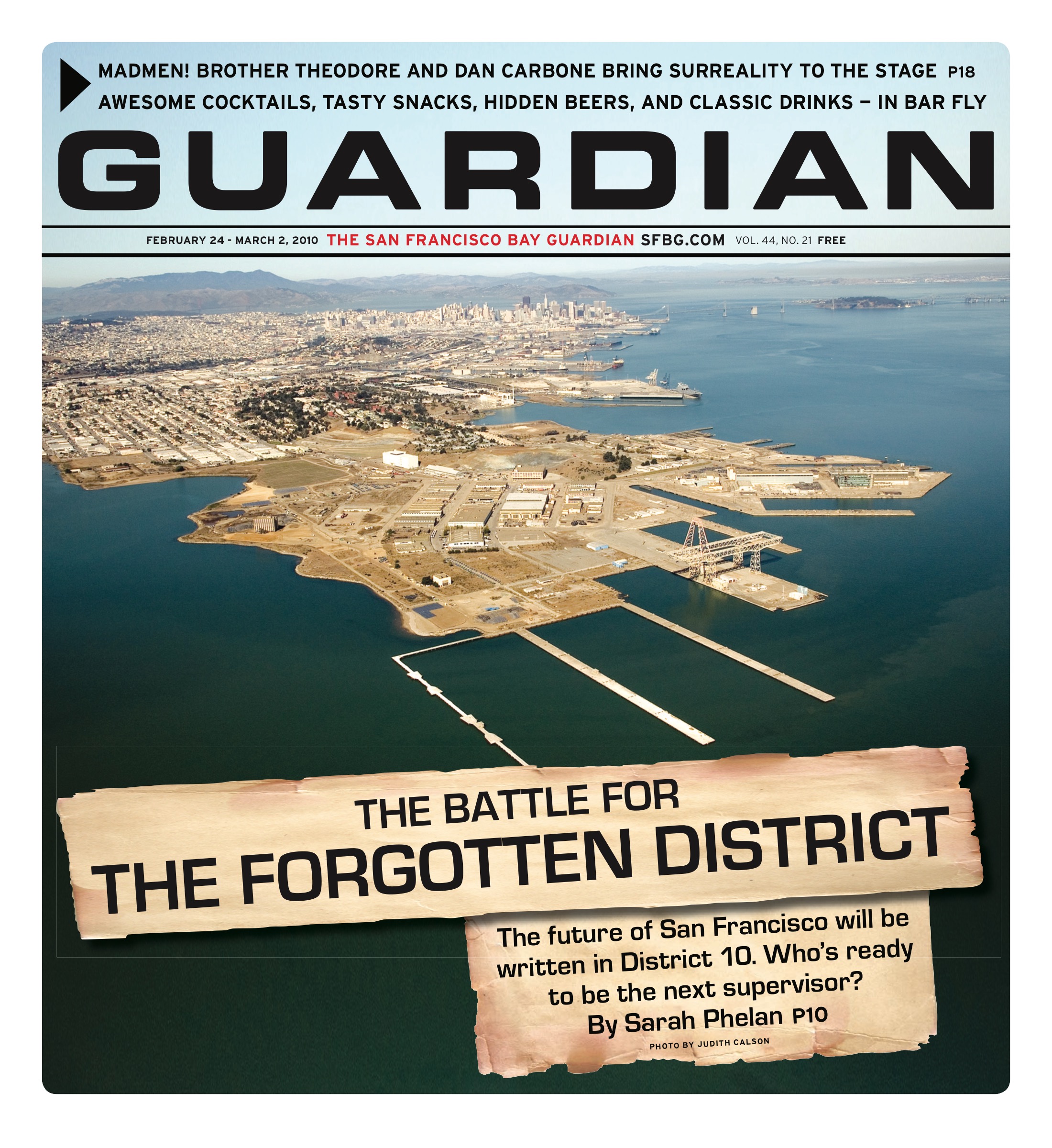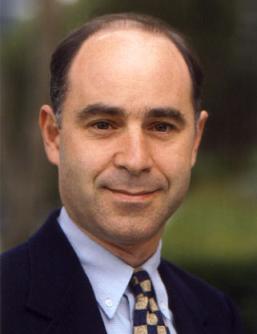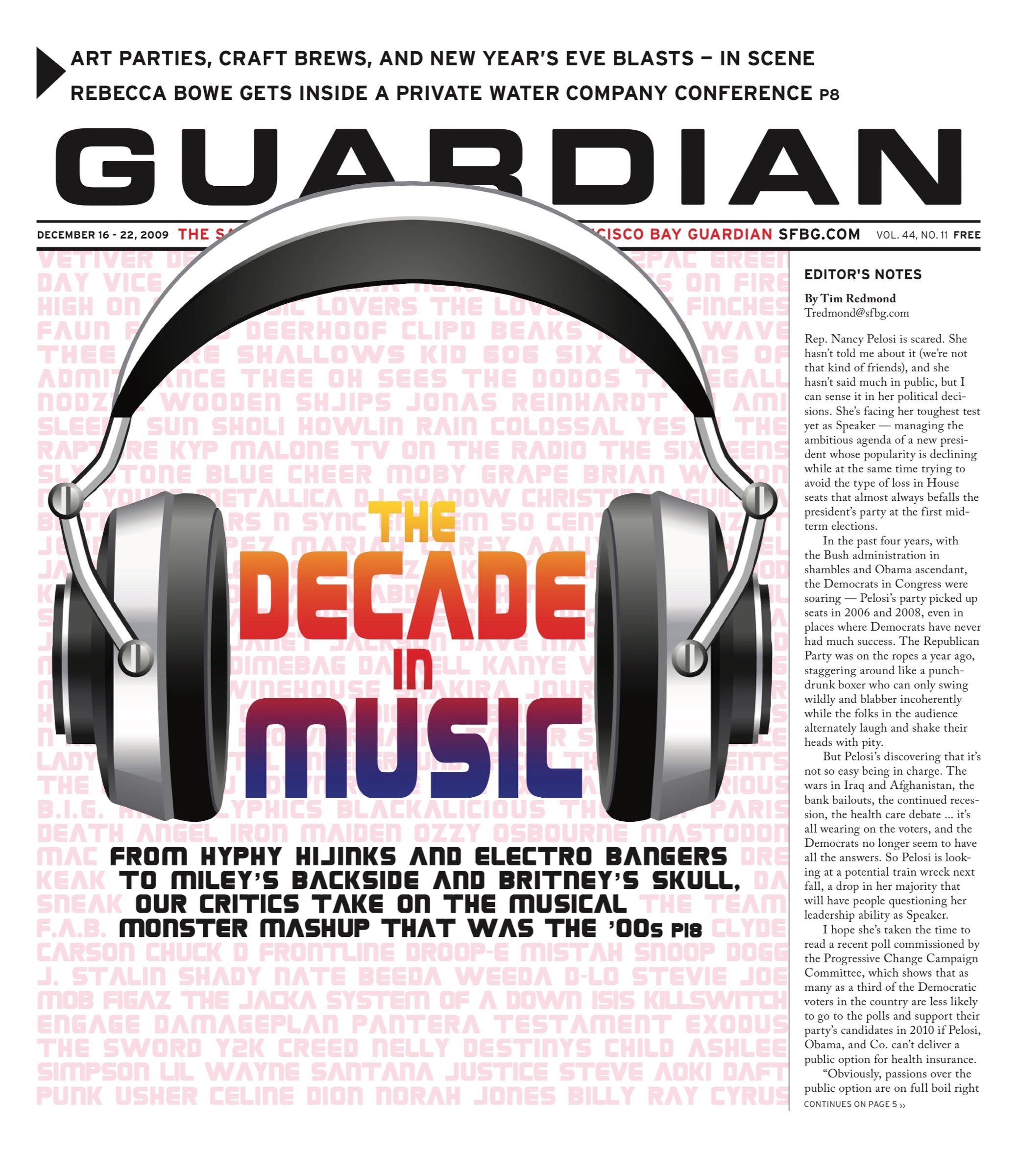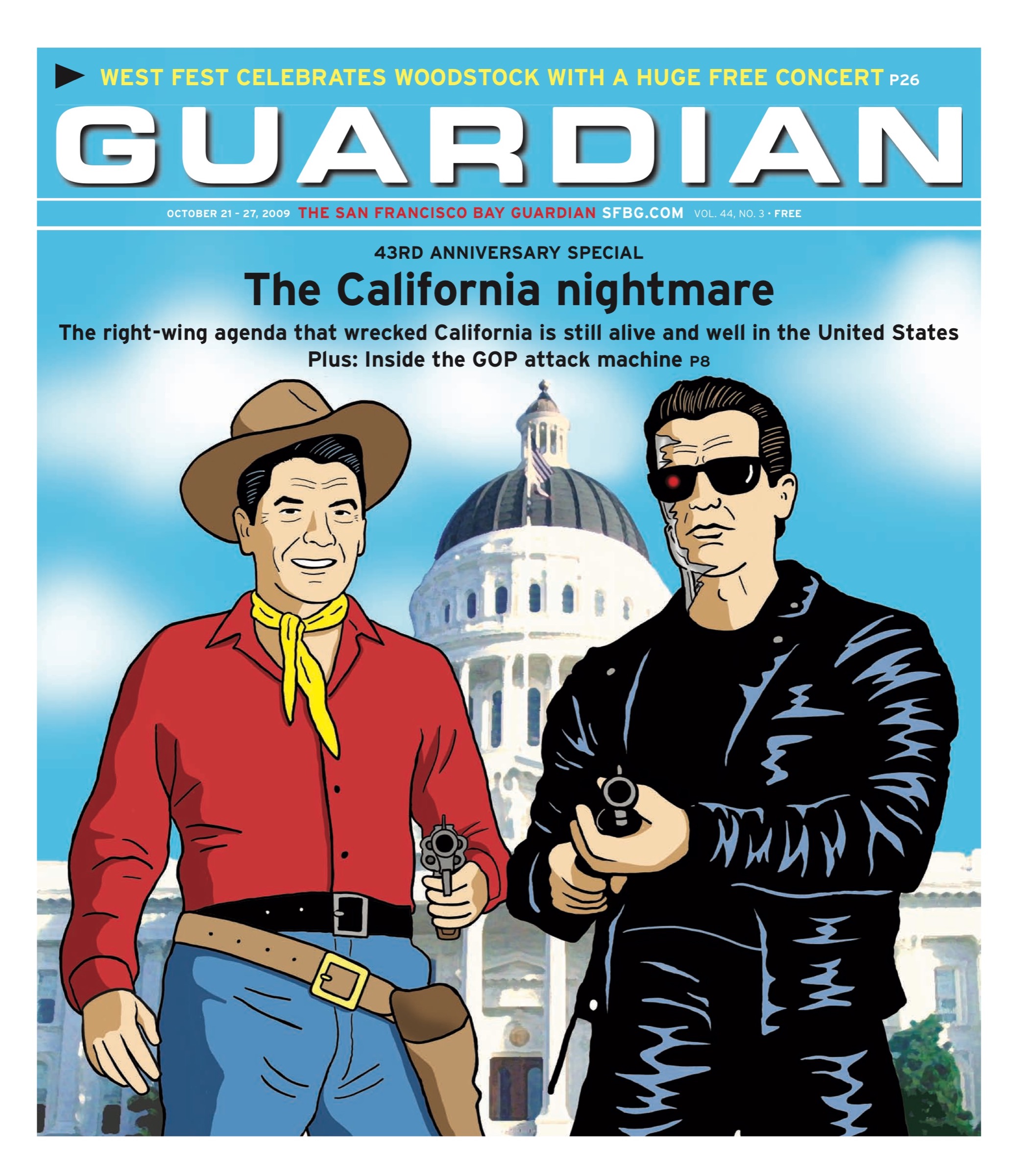arts@sfbg.com
DANCE Judging from the packed salsa classes he’s been teaching at Dance Mission Theater for 12 years, Ramón Ramos Alayo is correct: the Bay Area is a hotbed for Cuban-Caribbean culture. But even he underestimated its pull. When I spoke to him on a recent balmy spring evening, he was expecting that night’s attendance to drop. “It’s light and warm, so people like to spend their free time outside,” he explained before heading for class. Wrong. If more aficionados had shown up, they would have had to move the furniture.
In addition to being a highly sought-after instructor — he also teaches modern dance at ODC — Ramos Alayo is a dancer, musician, choreographer, and the director of the annual CubaCaribe Festival (this year’s installment takes place at Dance Mission Theater April 16-May 2). Multitasking may be in his blood, but it’s also something he was trained for.
At the Havana National School of Art, where Ramos Alayo enrolled at age 11, every student had to study ballet, folklórico, and modern dance. “If you didn’t pass the grade in each genre on every level, you were out,” he remembered. After getting his master’s, he had the choice of joining either a modern or traditional company: he went with two modern groups. But when he founded his own Alayo Dance Company in San Francisco in 2002, he made its mission inclusive, fusing Afro-Cuban, modern, traditional folkloric, and popular Cuban dance styles. Although for some fusion suggests loss of identity, to Ramos Alayo it indicates creating something new from what exists.
As a choreographer and performer, Ramos Alayo is as at home in dances based on the Yoruban Orisha myths performed at the Ethnic Dance Festival as he is in original works inspired by political history and personal experience. His 10 dancers have to be able to do it all. Blood + Sugar is a raw dancer theater work about slavery; La Madre takes an intimate look at family. One of his earliest pieces, Wrong Way, is an athletic yet poignant duet for two men. He doesn’t recall the details of the recent Grace Notes, a free-flowing improvisation with bass player Jeff Chambers, but he does remember how good it felt to be performing it. “We had never rehearsed. We just looked at the score, and I had some spatial cues.”
Ramos Alayo’s wide-open approach to what it means to be contemporary artist living in the diaspora also shapes his curating of CubaCaribe, now in its sixth year. Under the overall banner of “From Katrina to Port-au-Prince,” this year’s festival honors the survivors of recent catastrophes. The first weekend will present Haitian and Haitian-rooted ensembles. New York’s Adia Whitaker is a modern, Haitian trained dancer-choreograher; Afoutayi recently relocated from Haiti to San Francisco; and Kumbuka is a New Orleans-based Haitian-Carnival ensemble. Afoutayi and Kumbuka make their San Francisco debuts.
The second weekend traditionally showcases local artists. Liberation Dance Theater’s current work is based on modern dance and reggaeton — a mix of Caribbean-based music styles. Alfafia is a collectively-run Haitian group from San Francisco City College. In the past, Paco Gomes has elegantly fused Afro-Brazilian with modern dance.
On first glance, Los Lupenos de San Jose, a group known for its rendition of regional Mexican dances, is not a natural for CubaCaribe. What got them an invitation was Salón Mexico, Susan Cashion’s choreography of social dances like el danzón and the mambo. They originated in Cuba but started their worldwide journey by way of Mexico.
Ramos Alayo’s new hour-long Migrations was inspired by New York subway performers. Joining his own ten dancers for the third weekend will be a hip-hop artist, a tap dancer, and a steel-drum musician.
CUBACARIBE FESTIVAL OF DANCE AND MUSIC
Through May 2, Fri–Sat, 8 p.m.;
Sun, 7 p.m.; April 25, 3 p.m., $12–$22
Dance Mission Theater
3316 24th St., SF



